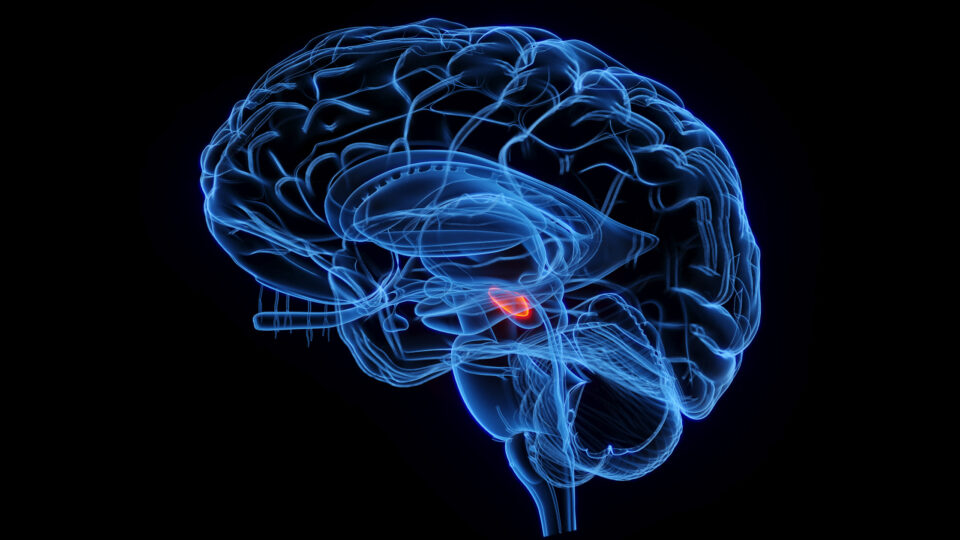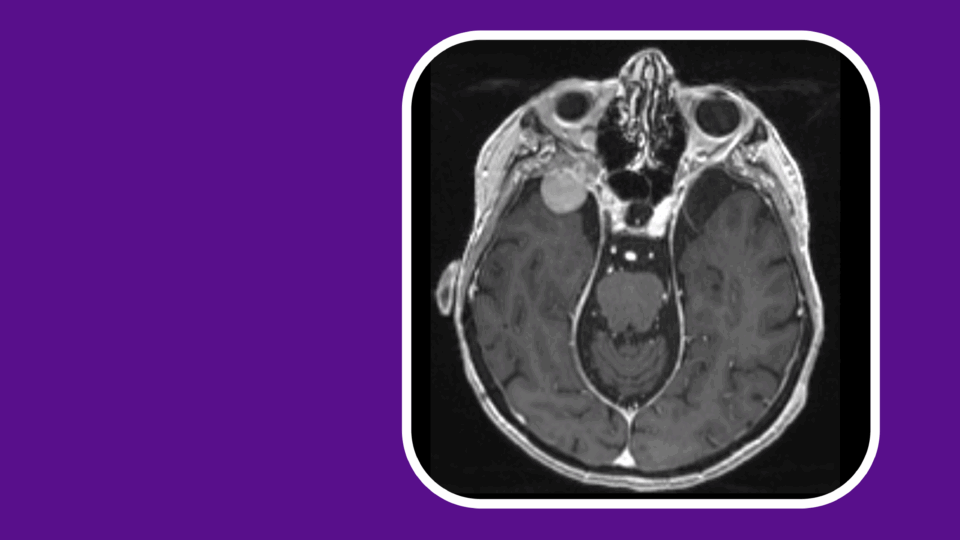In one component of a landmark program to integrate artificial intelligence (AI) into clinical practice, neuroscientists will harness some of the world’s most powerful computing technologies.
The AI computing platform, developed by neurosurgeon Eric K. Oermann, MD, will be unique among neuroscience departments in the United States.
“Research cycles that once took weeks will be finished in days.”
Eric K. Oermann, MD
“The new system will yield 7-times higher performance gains compared to previous generation systems,” says Dr. Oermann. “Research cycles that once took weeks will be finished in days—we’re able to accelerate the time to insight.”
A Next Generation System
Leveraging servers and hardware that are a major leap forward over previous systems, the system will deliver unprecedented computational power, reliability, and a configurable graphics processing unit topology, says Dr. Oermann. Among other applications, his research team will use the enhanced support for data and algorithms to replicate parts of human brain function in silico.
The leap in computing power could have immediate impact supporting AI models to help global medical teams fight COVID-19, says Dr. Oermann. The new system was fully implemented in December 2021.
Dr. Oermann’s team partners together experts from mathematics, computer science, neuroscience, informatics, linguistics, and medicine, among a range of specialties.
Clinical Applications
The AI research directly augments Dr. Oermann’s clinical work in treating neurological disorders and cancer, showing how machine learning investigations can become machine learning-guided interventions.
In one project, his team is investigating the application of AI to surgical endoscopy.
“A major drawback of early endoscopy was the lack of depth perception arising from two-dimensional (2D) vision,” says Oermann. While modern three-dimensional (3D) stereo endoscopes exist, they cannot be miniaturized to the same degree as 2D endoscopes and suffer from a smaller field of view, rendering them unusable for some surgeries, he says.
Dr. Oermann’s team is now using 3D glasses or a head-mounted virtual reality display combined with a deep neural network to effectively recreate 3D depth perception for the operating surgeon. Based on promising early results, Dr. Oermann believes that the enhanced endoscopic imaging has the potential to further democratize minimally invasive surgery.
“The use of advanced surgical technology could help to increase access to quality surgical care for poorer communities.”
This is one of many advancements ahead, he says. “We anticipate that our findings will be transferable to a range of problems across medicine and other domains.”






